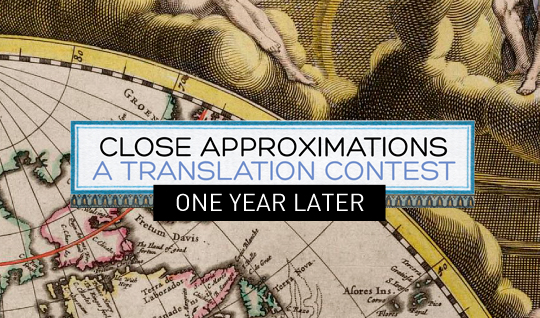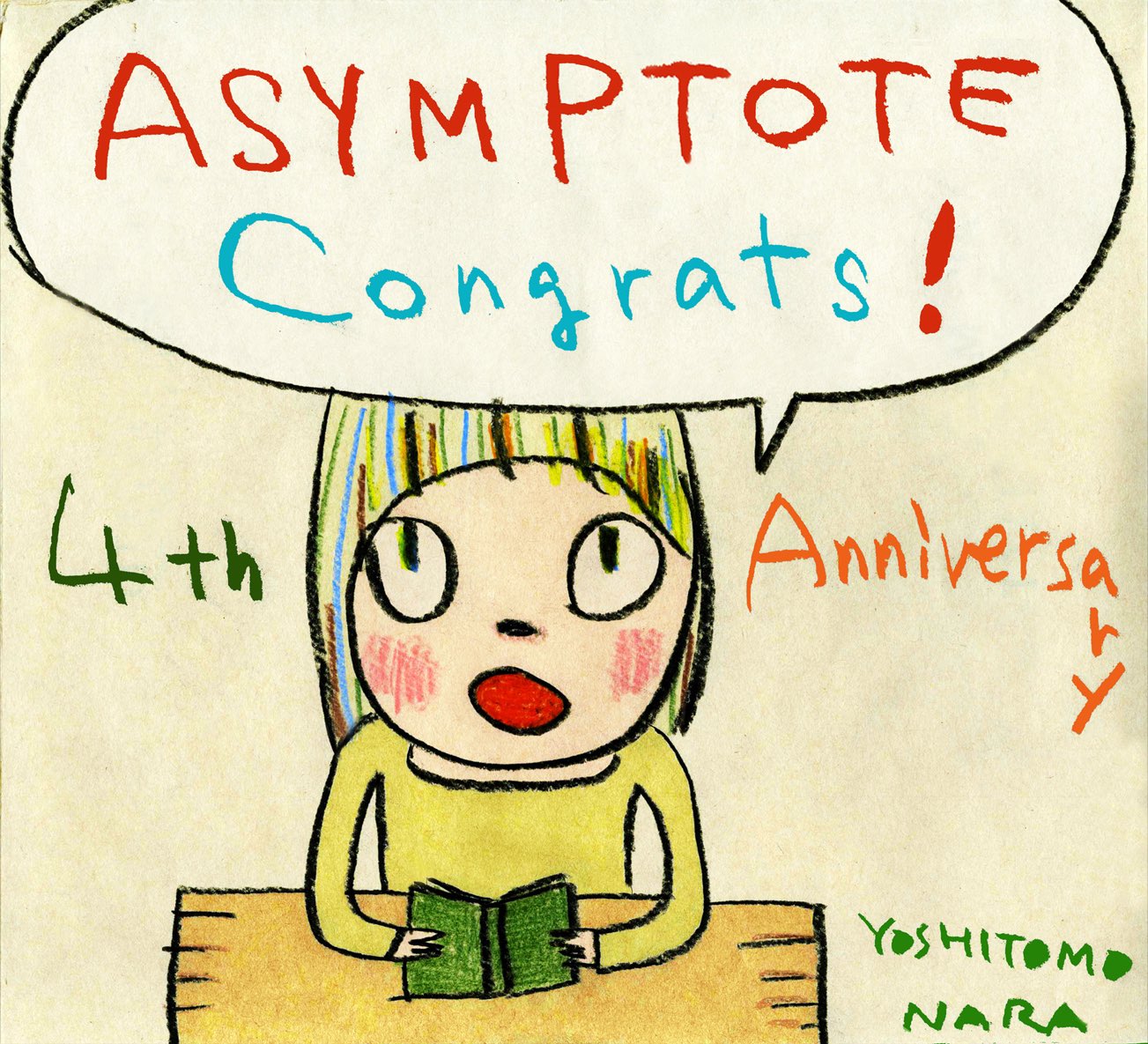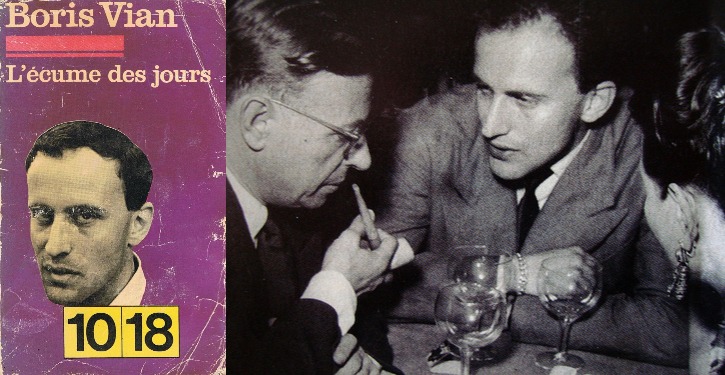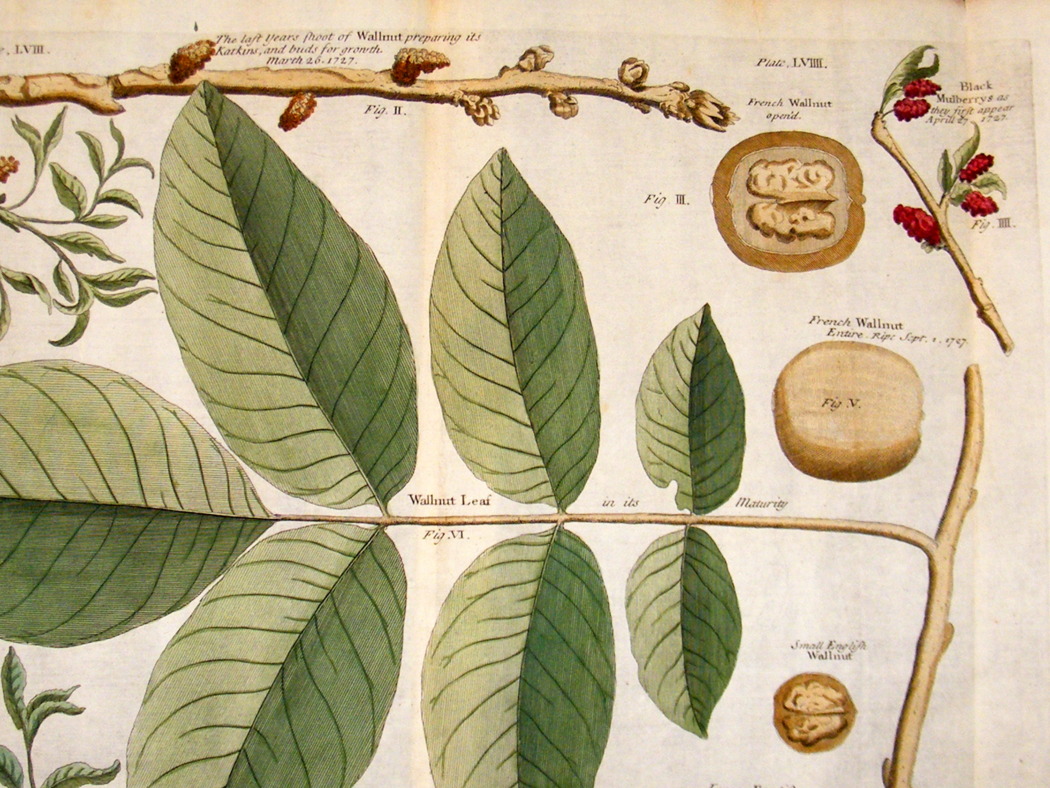All too often, ‘World Literature’ gets reduced to European literature.
I jumped at the chance to help Asymptote buck that trend. When I came on board as assistant editor, Yew Leong (our editor-in-chief) asked me to research languages that Asymptote hadn’t yet featured in translation. This was—predictably—a challenging assignment.
For authors in the West, getting a novel published in translation is already an exceedingly difficult task. For authors elsewhere, the hurdles are exponentially greater. Regional instability and economic underdevelopment can stand in the way. Finding a talented translator—someone who not only speaks your language but also has the skill to make it come alive in English—or being found by one can be nearly impossible. Without passionate, skilled translators, many writers abroad who want their voices to be heard in other countries ultimately resort to writing in English (if they can) and thus set aside both their native language and its unique literary vocabulary. I found myself tracking down leads for hours, emailing contacts from around the world in search of an author or translator with work to submit. READ MORE…















